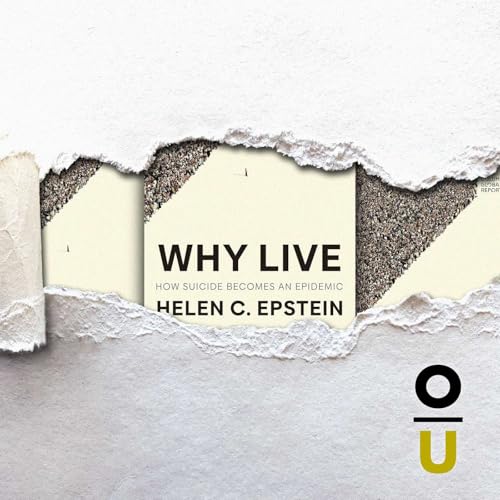Abby and Patrick welcome Danielle Drori of the Brooklyn Institute for Social Research for the first in a two-part miniseries introducing the work of psychoanalyst Jean Laplanche (1924-2012). A brilliant clinician and theorist in his own right, Laplanche combined a critical reading of Freud with insights drawn from anthropology, the history of science, and Western philosophy to revolutionize how many analysts saw questions of sexuality, development, language, and more. Yet while incredibly influential in France and beyond, Laplanche’s thought has only made limited inroads among clinicians and theorists in the English-speaking world. In this episode, Danielle, Abby, and Patrick introduce the figure of Laplanche, narrating his biography and discussing everything from his place in French critical theory to his encyclopedic scholarship of Freud (together with Jean Pontalis) to his disagreements with Lacan. They then sketch out some of Laplanche’s key ideas, with particular attention to his critique of Freud’s “seduction theory.” As they explain, Laplanche’s revision of that concept into a “generalized” model of seduction allows him and his contemporary interpreters to suggest some radical ways for thinking about questions of trauma, subjectivity, language, sexuality, and more. In Part Two (out next Saturday), the three get granular by close-reading key sections in Laplanche’s New Foundations for Psychoanalysis.
Texts Cited:
Jean Laplanche and Jean-Bertrand Pontalis, The Language of Psychoanalysis
Jean Laplanche, New Foundations for Psychoanalysis
Dominique Scarfone, A brief introduction to the work of Jean Laplanche
Avgi Saketopoulou and Ann Pellegrini, Gender Without Identity
Avgi Saketopoulou, “Laplanche, an introduction by Dominique Scarfone.” Review essay in The International Journal of Psychoanalysis, 99(3), 778–786.
Sándor Ferenczi, Confusion of tongues between adults and the child: The language of tenderness and of passion
Have you noticed that Freud is back? Got questions about psychoanalysis? Or maybe you’ve traversed the fantasy and lived to tell the tale? Leave us a voicemail! (646) 450-0847
A podcast about psychoanalysis, politics, pop culture, and the ways we suffer now. New episodes on Saturdays. Follow us on social media:
Linktree: https://linktr.ee/ordinaryunhappiness
Twitter: @UnhappinessPod
Instagram: @ordinaryunhappiness
Patreon: patreon.com/OrdinaryUnhappiness
 1 h et 21 min
1 h et 21 min 8 min
8 min 1 h et 45 min
1 h et 45 min Jan 31 20267 min
Jan 31 20267 min Jan 28 20261 h et 16 min
Jan 28 20261 h et 16 min 1 h et 53 min
1 h et 53 min 7 min
7 min 1 h et 34 min
1 h et 34 min
